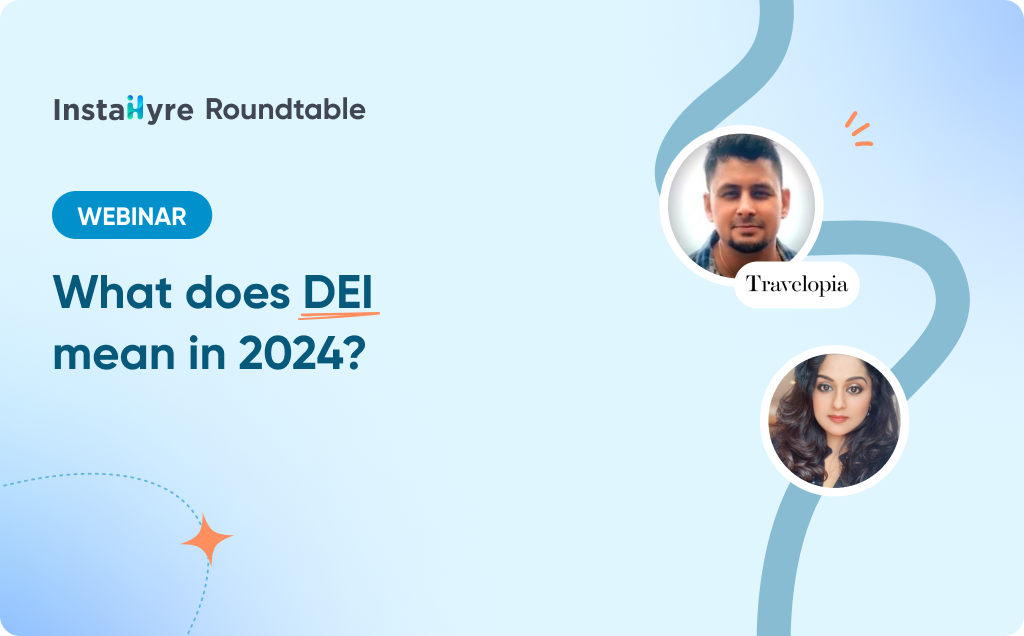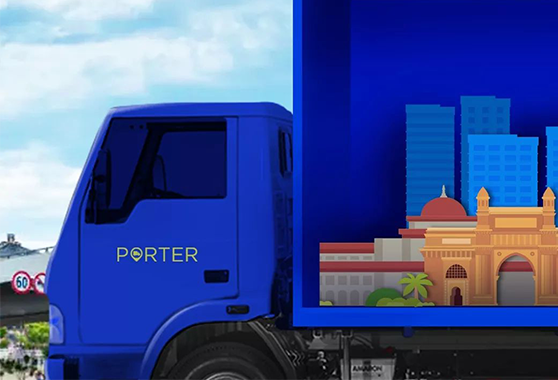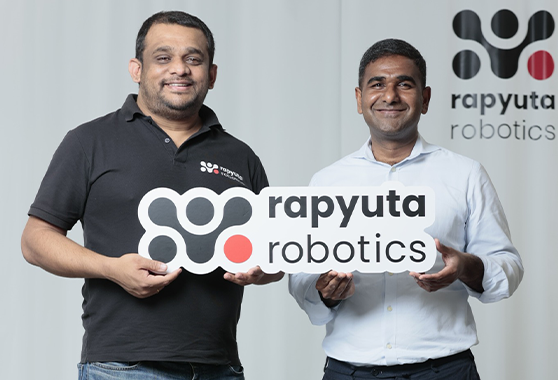Table of Contents
What is Background Verification Process?
So, if you’re waiting to hear back after a job interview, the company is most likely scanning your career history right now.
‘But they’re taking too long and I don’t have anything to hide!’
If you think companies are being excessive with background screenings, get this. Just last year, 1 in 10 candidates in India lied about their education on the resume. Fake degrees from unknown foreign universities to certificate courses wrapped as full-time degrees, their bogus resumes had everything. So, not excessive at all.
Think your work history could hurt your next job? Understand the process of a background scan to put your best foot forward.
Let’s start with basics.
What is an Employee Background Verification Process and How long it takes?
An employee background verification process is a thorough screening of a candidate’s work history, college degrees, academic certificates, legal records, and sometimes credit scores.
The process usually takes between 3-10 days. However, it can extend if a company wants to take an in-depth look at your history (mostly done for senior level hires).
In most cases, a company runs a background check on you once you qualify all interview rounds.
What Information Can Come up in a Background Check?
Before offering you the job, companies look for following details during a background verification process:
- Your public records – Companies can easily access your court records and criminal history from any law enforcement agency.
- Your work history – Companies will dig up your past employers, dates you worked with them, your role in each company, your pay, performance history, your conduct in the company and so on. And don’t forget the drug test results!
- Education records – Companies will reach out to your university to match your credentials. This is a sure thing because forging degrees, fake certificates and bogus grades are actually the most common types of corporate frauds.
- Address verification – Who lies about their address, right? The ones who are trying to hide their past, that’s who.
For companies, a background verification process is basically a way of saying,
Don’t lie to us, we’re pretty good at digging up dirt. And if we find the lies while you’re on the job, we’ll just fire you.
How is a Background Verification Process Done in India?
Companies start the Background Verification process by calling your last employer. They’ll check the details you gave them against data from your last company.
Then, companies look into public databases (criminal records) for any illegal activity. Next, they dig education records to verify your degrees and certificates.
And lastly, companies will verify your address. Sometimes they even send people to physical locations to check out a candidate’s address.
But different companies in India run background checks in different ways. Here’s how they do it:
- Big private companies hire third-party agencies to do everything I mentioned above. A few agencies in India to do Background Verification Process – First India Advantage, Jantakhoj, AuthBridge, HireRight and IDfy.
- Small and medium firms usually have their HR team do all the work.
- Government firms or PSUs run an extensive Background Verification process before offering the job.
– First, PSUs ask for residential proof of where you lived more than six months in the past 4 years.
– You also need to submit proof of current local address and permanent address.
– Based on that information, the company requests your record from District Magistrates or Police Commissioners of areas where you lived.
– Either of those authorities asks police stations to run the check.
– Finally, the record that police finds is moved up the chain.
Wait, there’s more!
Background Verification Process Efforts by the Government
To stop you from committing a fraud, the government is also pushing it in high gear. Here are the new tools it’s using to help companies check your history –
- Aadhaar verification – Did you forget they have your biometrics? And practically every other information about your residence and bank accounts stored in your Aadhar?
- National Academics Depository (NAD) – Government launched NAD to digitally store your education records. NAD can also issue reliable certificates to verified users since they plan to have every education board and institution in India onboard the platform.
- National Skills Registry (NSR) – NSR is the largest database of working professionals that helps companies fact-check employees’ information (if they are registered). In numbers, NSR has on board –
– 200 Companies
– 21,87,635 Registered professionals
– 14,77,518 Biometrics submitted
Don’t have any bad history, yet? Think again.
Remember Social Media?
Today, every company you interview with sweeps your social feeds. Social media has made it a cakewalk for employers to map your interests, activities, and affiliations. Which basically means a hiring manager can picture your personality without spending time with you.
Got an objectionable pic on Facebook? They caught it!
A raging political comment on twitter? Yeah, that too.
And since hiring for culture is a top priority for employers today, they’ll reject you for any odd activity that doesn’t make you a good fit. Yeah, online Background Verification Process sucks!
‘But what about my privacy?’
Are Background Verification Process Legal in India?
Yes, they are. On top of that, employment history checks in India are largely unregulated. There are no specific rules governing it. And the legal mumbo-jumbo around background checks is so vague, many third party agencies have no problem ignoring it.
So, while ALL employers need your consent to run a background scan, many go ahead without it anyway.
Here are 4 things you should know about the reality of backgrounds check –
- It’s required for Indian companies having ISO 27001 certification to conduct background screening for employment.
- Your medical information, financial background and biometric data is private. An employer can’t access it without your permission (really!).
- There are no laws to stop companies from scanning your social media.
- If you’re a hotshot interviewing for a top position, companies WILL turn your background inside out – legal or not. The role is too important to risk it.
And there you go! Our primer on background screening finishes here. Drop your queries or comments below for more info. Also, check out our blog to read more awesome career tips.
Need a job? Check out 27 top jobs at the best tech companies.
More on diversity equity inclusion
Want to be a part of Exclusive, Invite - only Recruitment events?
Get notified when new stories and insights are released.
You always have the choice to unsubscribe.










